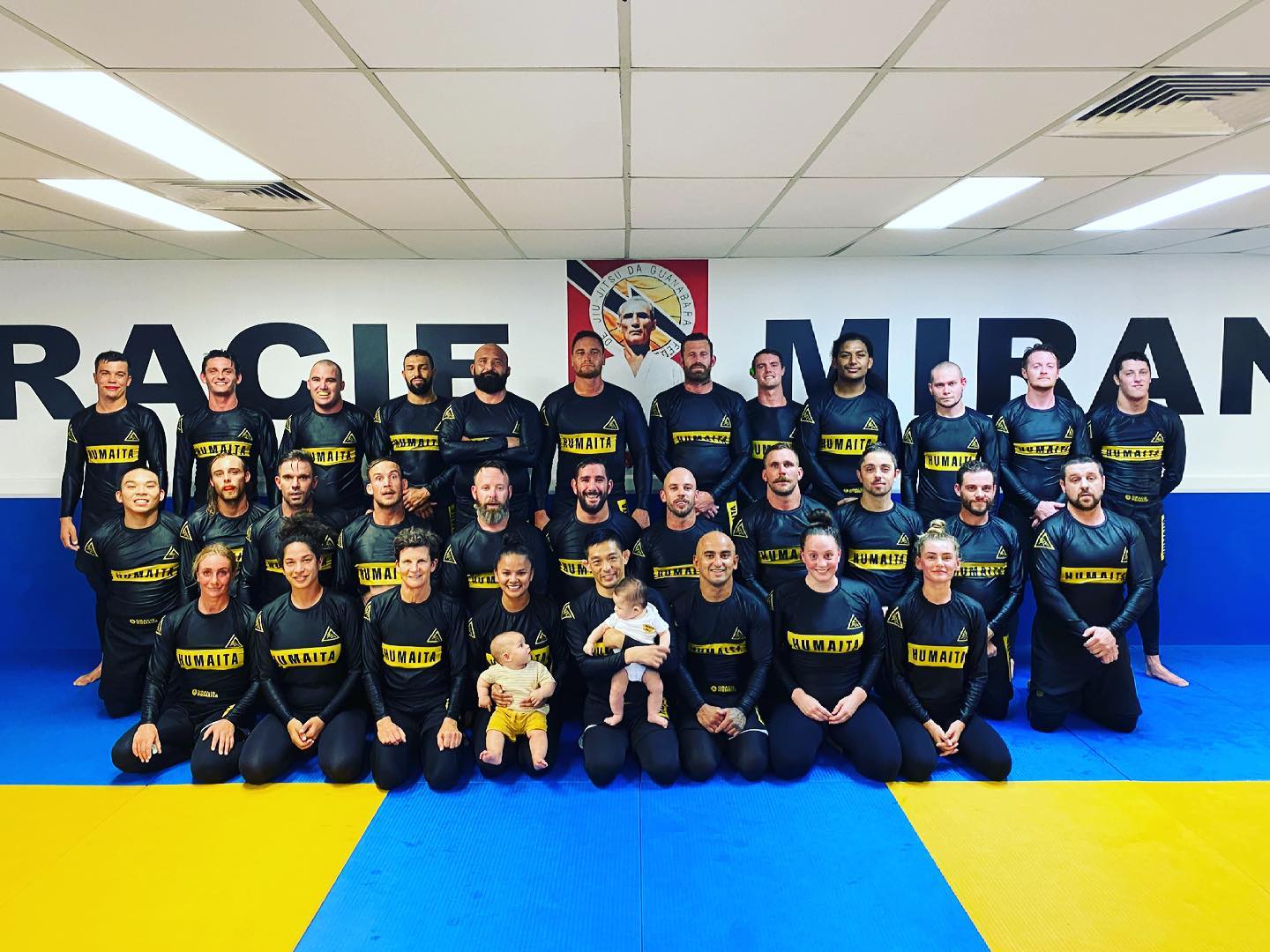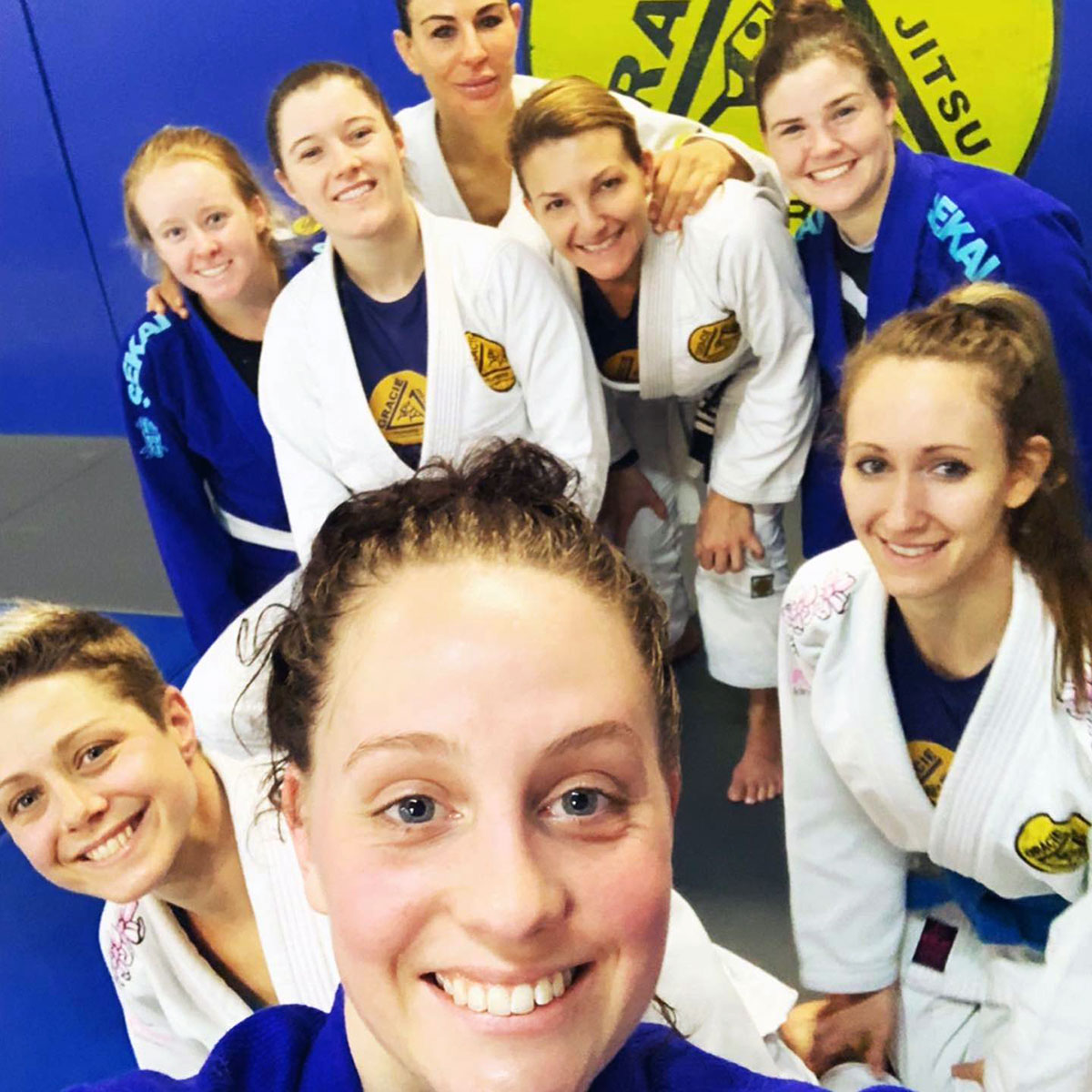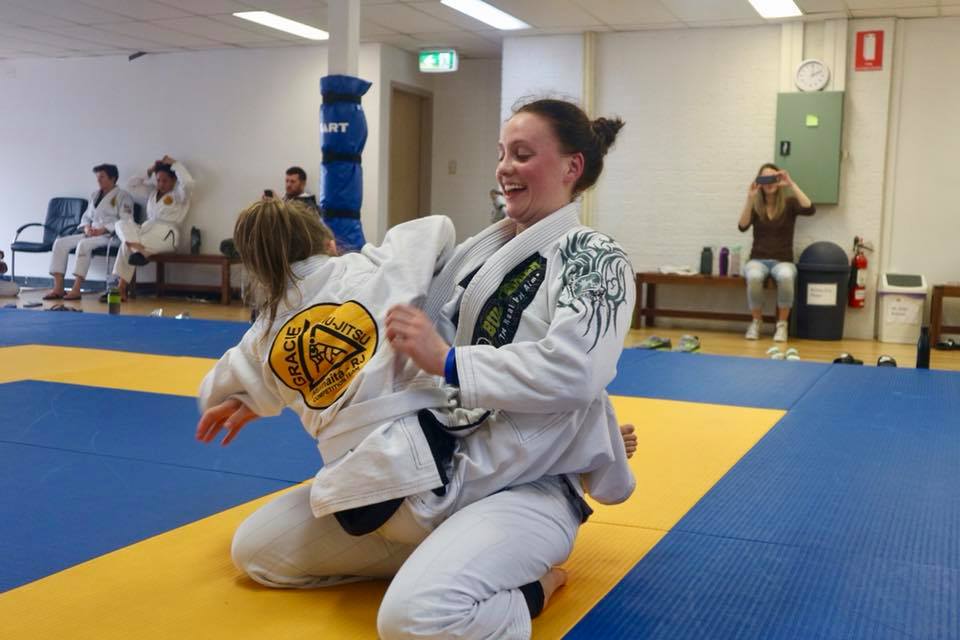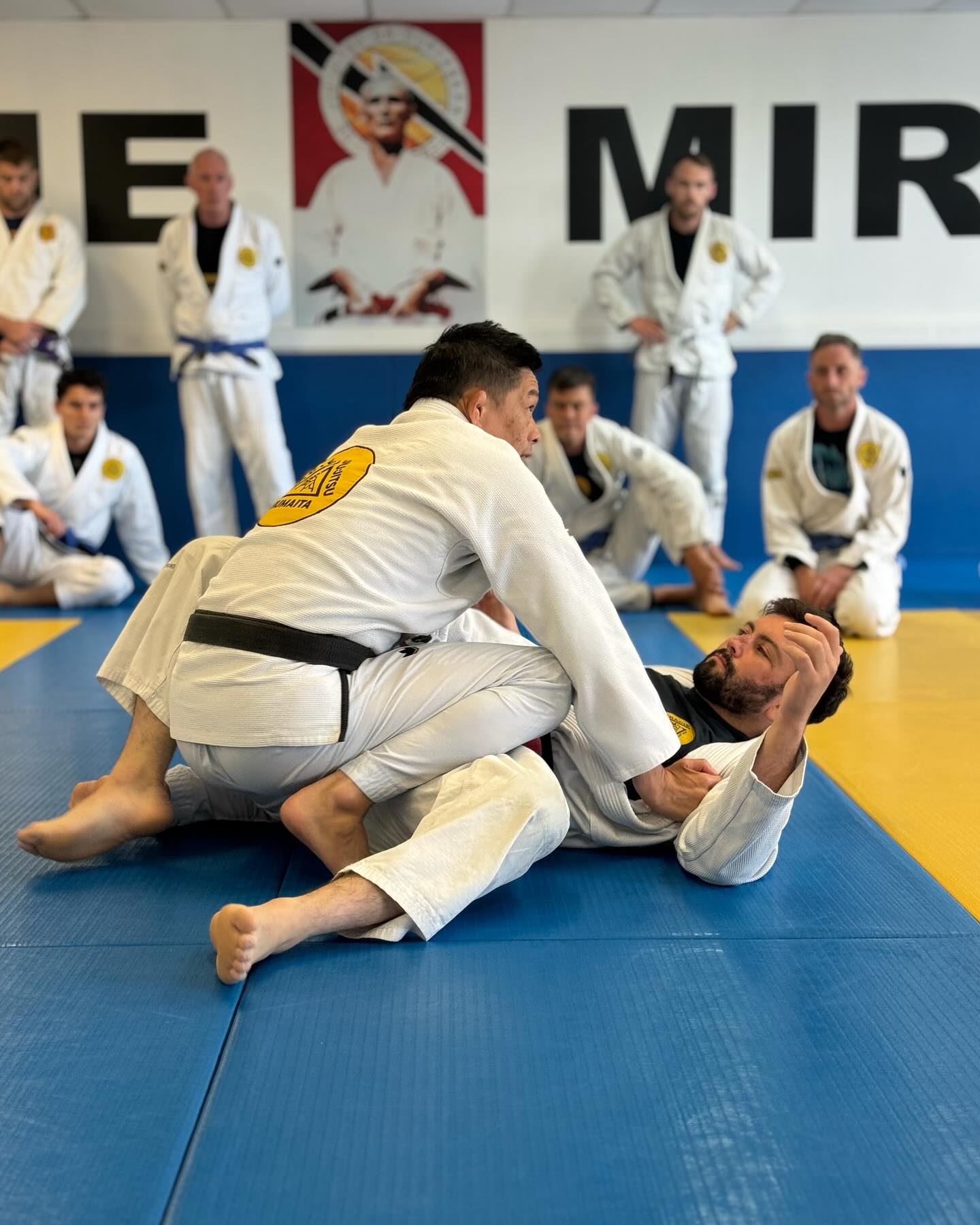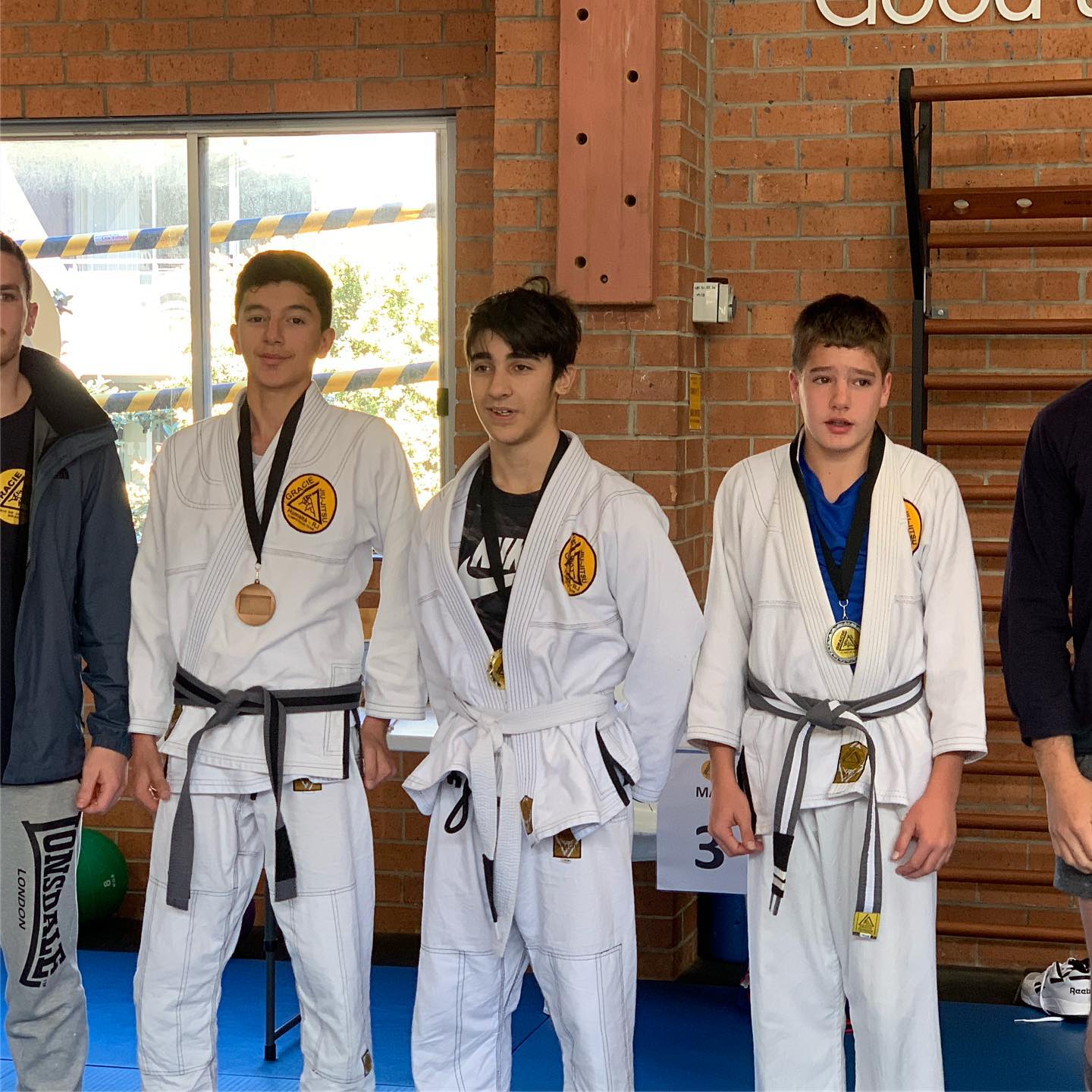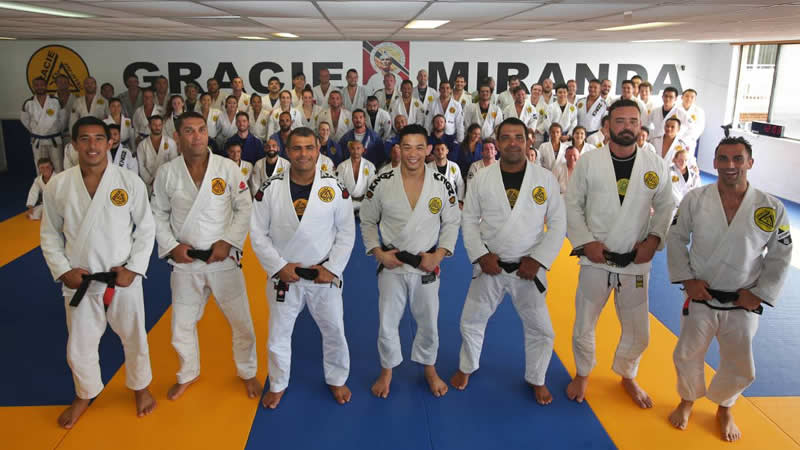There are many reasons to practice a martial art like Brazilian Jiu-Jitsu. Several are obvious: To improve self-defence, to become physically stronger and to create a more healthy lifestyle.
But there’s one less often attributed benefit. Brazillian Jiu-Jitsu (BJJ) will make you not just more physically resilient, but more mentally and emotionally resilient too.
At its simplest, BJJ does this because it’s hard. Any Jiu-Jitsu practitioner you speak to at Gracie Miranda will tell you how satisfying the martial art is, but none will tell you that it’s easy. BJJ will challenge your ego and your persistence.
This is what ultimately makes Jiu-Jitsu such a worthwhile endeavor. To succeed in BJJ, you’ll need to hone physical attributes like timing and coordination. But you’ll also need to focus on virtues like patience, dedication, resilience and persistence.
What you learn on the mats will help you in the real world, even if that has nothing to do with protecting yourself.
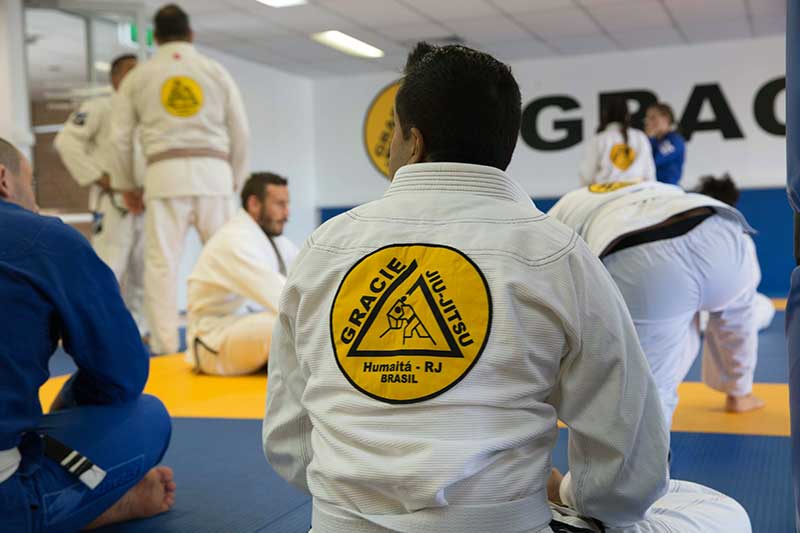
The Gentle Art
If you’re on this page, you’re likely someone in the Sutherland Shire who has recently started Brazilian Jiu-Jitsu — or you’re interested in doing so.
If you’re in the latter group, you may be unsure as to what BJJ is. That’s completely fair, since there are dozens of martial arts and many share similarities with others.
BJJ is a grappling martial art. There are no punches, kicks, elbows, knee-strikes or headbutts. It’s all about learning how to control an opponent or aggressor. Some of that is submission holds, a lot of that is establishing a dominant (and safe) position.
This naturally lends itself to self-defence. Jiu-Jitsu was created by the Gracie family in Brazil, which is why it’s often called Gracie Jiu-Jitsu. Helio Gracie, one of the martial art’s creators, designed it to be effective against larger, more powerful opponents.
Much of Jiu-Jitsu takes place on the ground for that very reason. The principle is that size and strength matters less on the ground than it does standing up, and that superior technique can overcome significant physical differences.
In this way, BJJ is different from Judo, a grappling art which focuses on standup techniques, and wrestling, which ends once one competitor’s shoulders are pinned to the mat.
Gentle, but tough
Beyond the fundamentals that underpin it, Brazilian Jiu-Jitsu is different to other arts in that it’s unusually spar heavy. Each class ends with 20-30 minutes of sparring, which we call “rolling.” Though kids will train for a while before they start rolling, adults will begin sparring from their first or second class.
This confers many benefits. Training against a fully resisting opponent is fantastic exercise, and sharpens technique. It also familiarises practitioners with the pace and feeling of a real-world altercation. But the challenge is emotional and mental just as much as it is physical.
Sparring is a style of training that shows you what works and what doesn’t. It reveals what you’re doing right and doing wrong. Ideally, you will go into every class with the object not of winning, but of learning. The point of rolling isn’t to submit other people, but to practice and perfect the techniques you learn in class.
Again, that’s the ideal attitude. The reality is that your ego is sure to interrupt this learning process. You’ll naturally become competitive. You’ll be happy when you “win” a roll, and beat yourself up if you lose. You’ll get into a funk when your skills plateau.
This is where BJJ teaches you a key life skill. When you’re thinking with your ego, you’ll focus on winning and losing. You’ll stop trying new things and instead play it safe by relying on techniques that work. Your game will get stale. It’s a vicious circle, and the easiest way out of it is to leave your ego at the door.
Once you focus on learning, rather than winning, your technique will improve. Instead of being mad that you tapped out, you’ll focus on details like why a submission escape didn’t work. This process will make you progress much faster.
Comparing yourself with others in life is a surefire path to unhappiness. Jiu-Jitsu rolling reinforces this. It teaches you that success comes when you focus on learning, not on winning. You’ll learn to not greet success and failure with high emotion, but rather to look at both as learning opportunities.
Persistence and patience
All of that is easier said than done. Jiu-Jitsu is complex, and it’s easy to fall into the ego trap described above. BJJ is a marathon rather than a sprint, as indicated by the 10-15 years it takes to get a black belt. During that marathon, you’re sure to experience bouts of disappointment and self-doubt.
You’ll feel like you’re not good enough to reach the next milestone, that you’re not coordinated enough to nail a particular technique. At one point or another, you’ll be tempted to quit.
There’s a famous saying in BJJ: “A black belt is a white belt that never quit.” The truth at the center of that aphorism is that persistence is the most important attribute you’ll need to succeed in Jiu-Jitsu.
It doesn’t matter if you have extraordinary talent if you lack discipline and persistence, because “failure” on the mats is inevitable.
Just like rolling teaches you to focus on learning, the Jiu-Jitsu experience teaches you to not give up. It’ll show you that you can learn and achieve things if you put the necessary work in. Persistence is a skill you’ll learn one class at a time, but one that you can apply in every aspect of your life.
In the Sutherland Shire and interested in signing up to Brazilian Jiu-Jitsu classes? Come into Gracie Miranda for a trial lesson.

